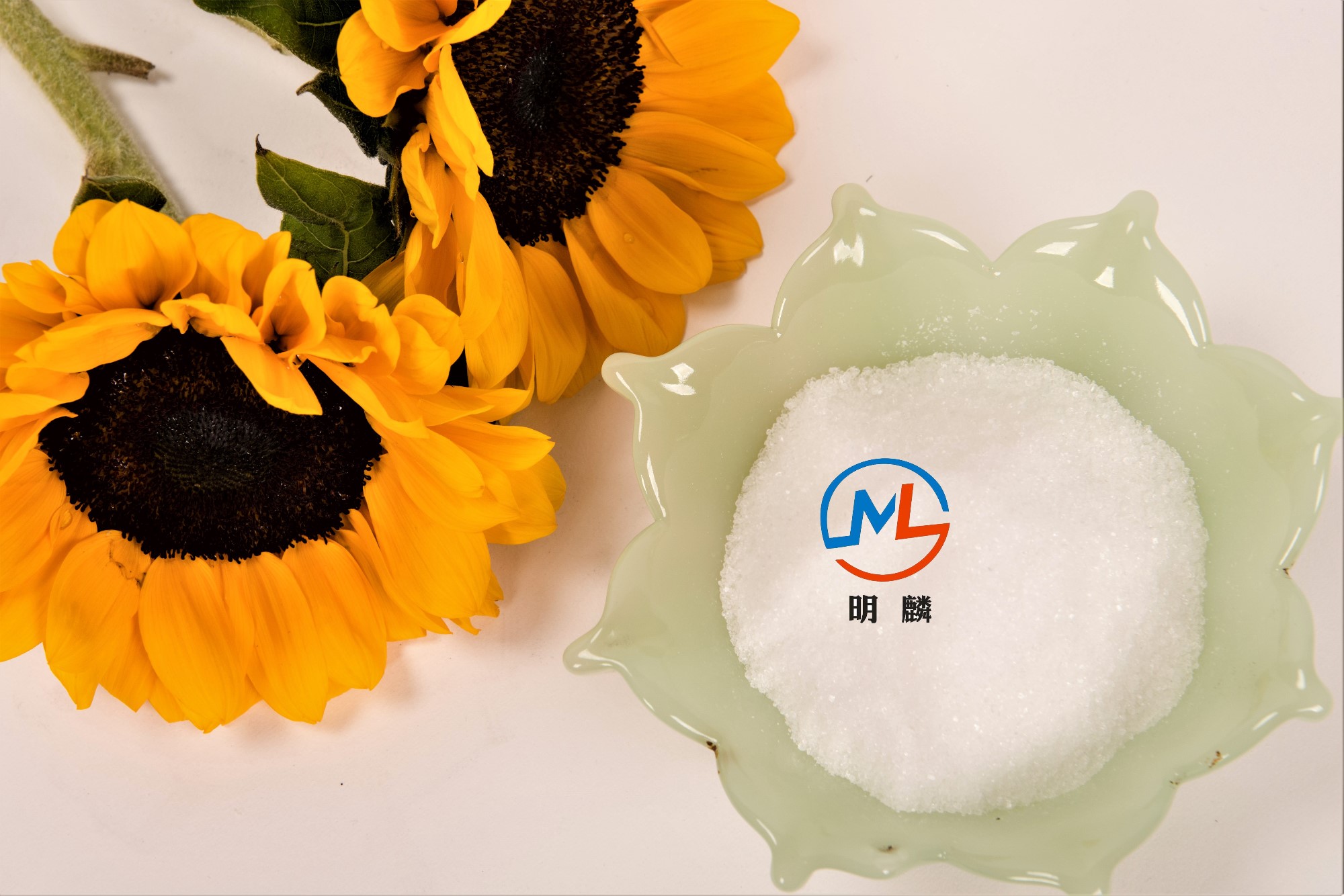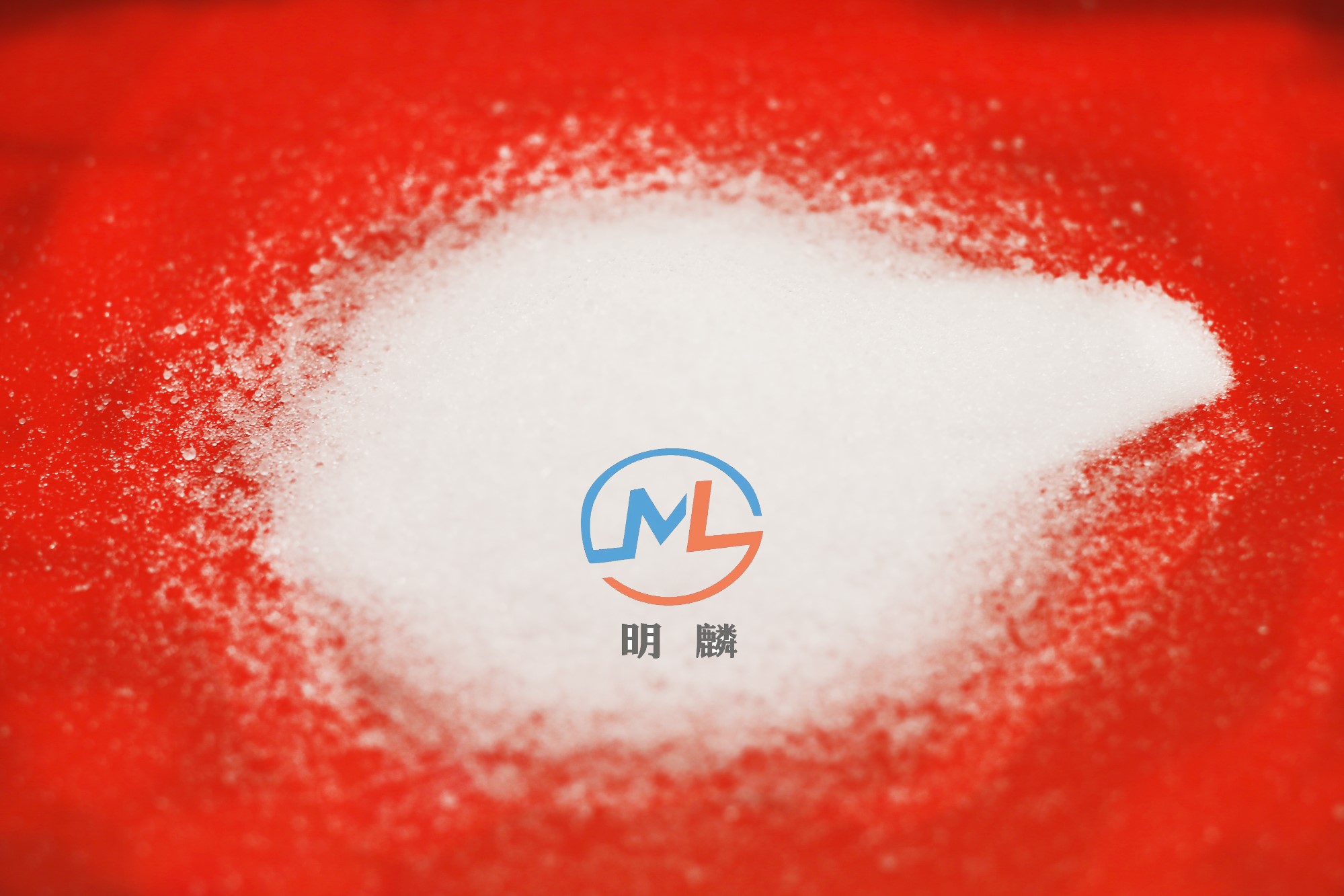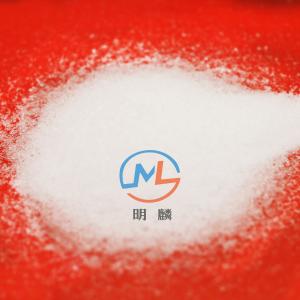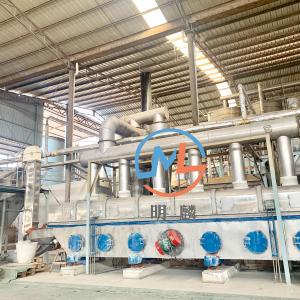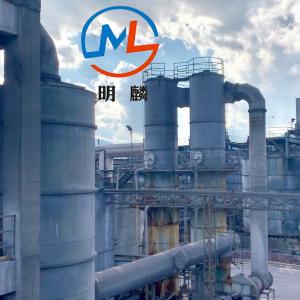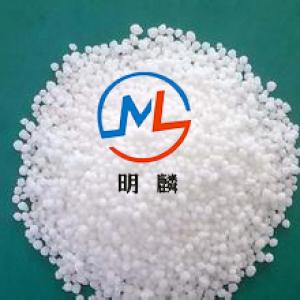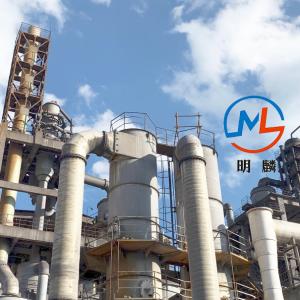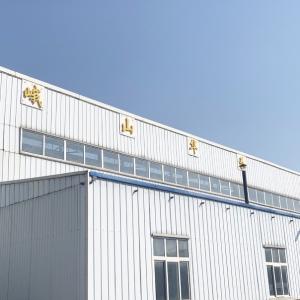Description
Ammonium sulfate [(NH4)2 SO4] was one of the first and most widely used nitrogen (N) fertilizers for crop production. It’s now less common but especially valuable where both N and sulfur (S) are required. Its high solubility provides versatility for a number of agricultural applications.
MingLin Production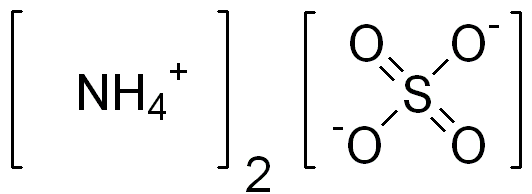
Ammonium sulfate (sometimes abbreviated as AS or AMS) has been produced for more than 150 years. Initially, it was made from ammonia released during manufacturing coal gas (used to illuminate cities) or from coal coke used to produce steel.
Today, manufacturers make it by reacting sulfuric acid with heated ammonia. To get the crystal size best suited for the application, MingLin control the reaction conditions by screening and drying the particles until achieving the desired size. Some materials are coated with a conditioner to reduce dust and caking.
Agricultural use
Growers apply ammonium sulfate primarily where they need supplemental N and S to meet the nutritional requirement of growing plants. It provides an excellent source of S, which supports or drives numerous essential plant functions, including protein synthesis.
 Because the N fraction is present in the ammonium form of ammonium sulfate, rice farmers frequently
apply it to flooded soils, since nitrate-based fertilizers are a poor choice due to denitrification
losses.
Because the N fraction is present in the ammonium form of ammonium sulfate, rice farmers frequently
apply it to flooded soils, since nitrate-based fertilizers are a poor choice due to denitrification
losses.
A solution containing dissolved ammonium sulfate is often added to post-emergence herbicide sprays to improve their effectiveness at weed control. A high-purity grade of ammonium sulfate often works best for this purpose to avoid plugging spray nozzles.
Management practices
After addition to soil, the ammonium sulfate rapidly dissolves into its ammonium and sulfate components. If it remains on the soil surface, the ammonium may be susceptible to gaseous loss in alkaline conditions. In these situations, agronomists advise incorporating the material into the soil as soon as possible. Other options include an ammonium sulfate application before irrigation or a predicted rainfall.
Ammonium sulfate has an acidifying effect on soil due to the nitrification process, not from the presence of sulfate, which has a negligible effect on pH. The acid-producing potential of ammonium sulfate is greater than the same N application from ammonium nitrate, for example, since all of the N in ammonium sulfate converts to nitrate, compared with only half of the N from ammonium nitrate that converts to nitrate.
Non-agricultural uses
Food companies commonly add ammonium sulfate to bread products as a dough conditioner. It’s also a component in fire extinguisher powder and flame-proofing agents. And it serves many purposes in the chemical, wood pulp, textile and pharmaceutical industries
